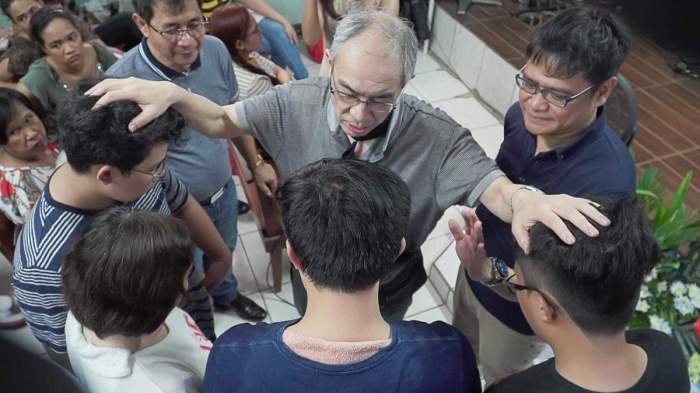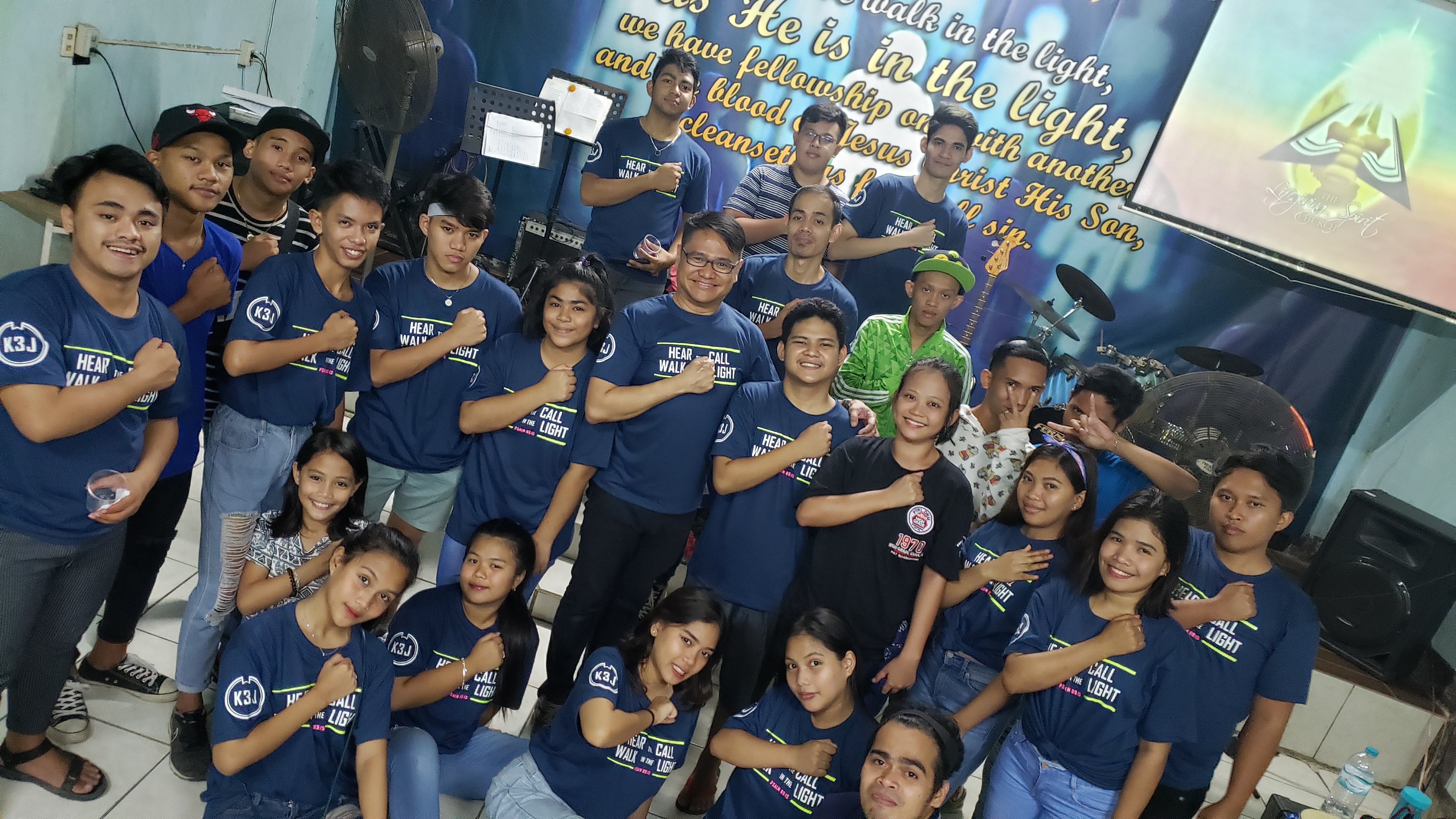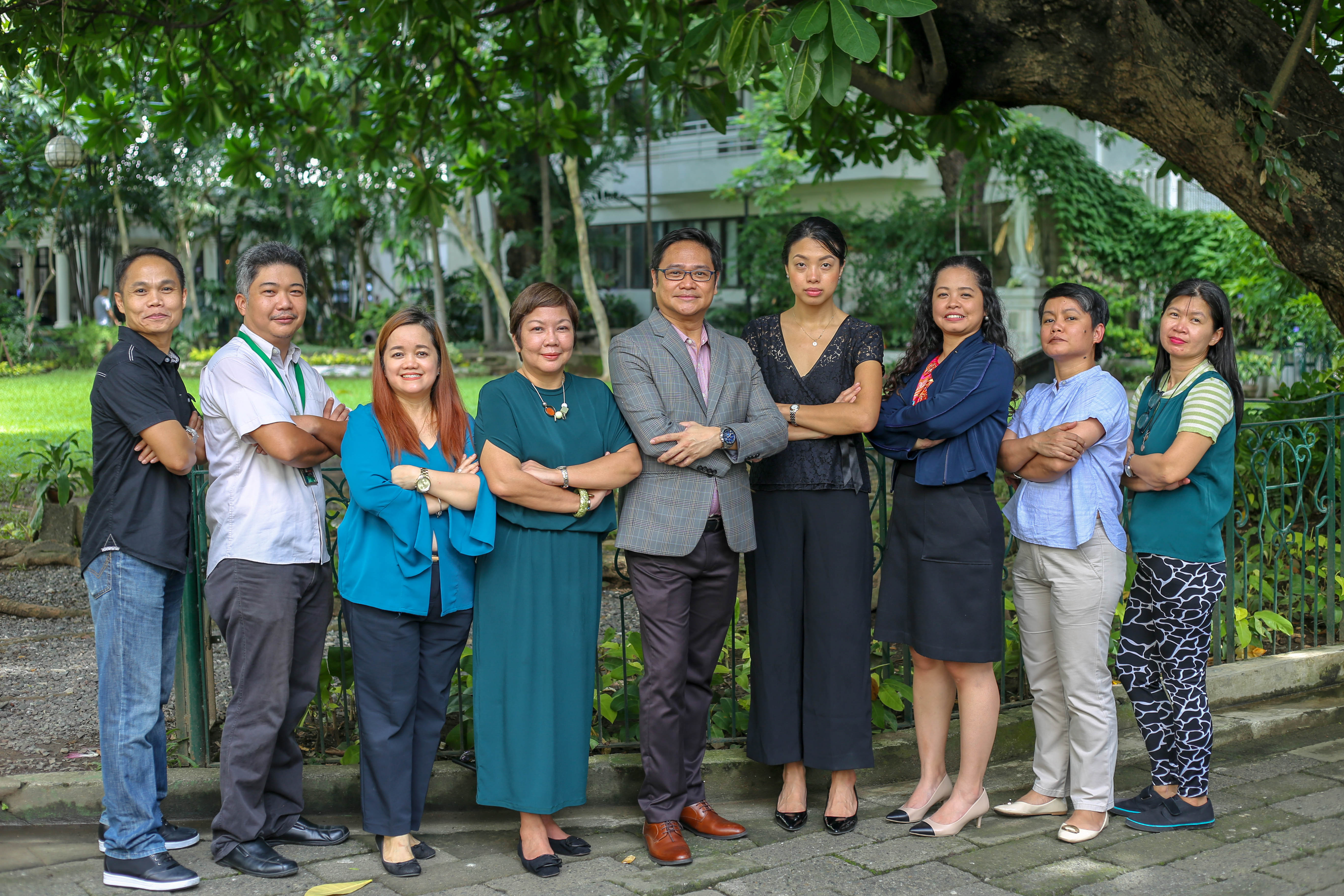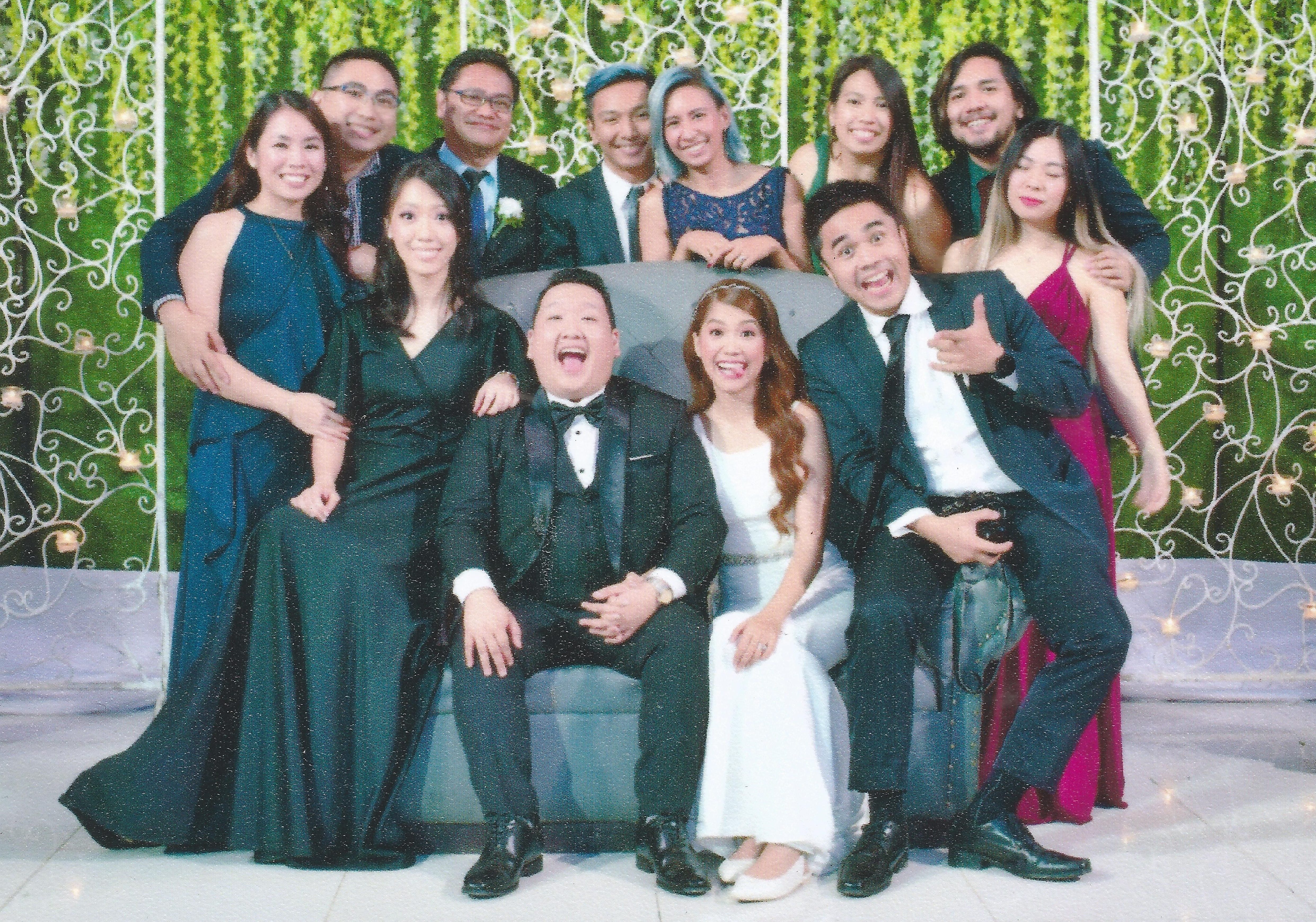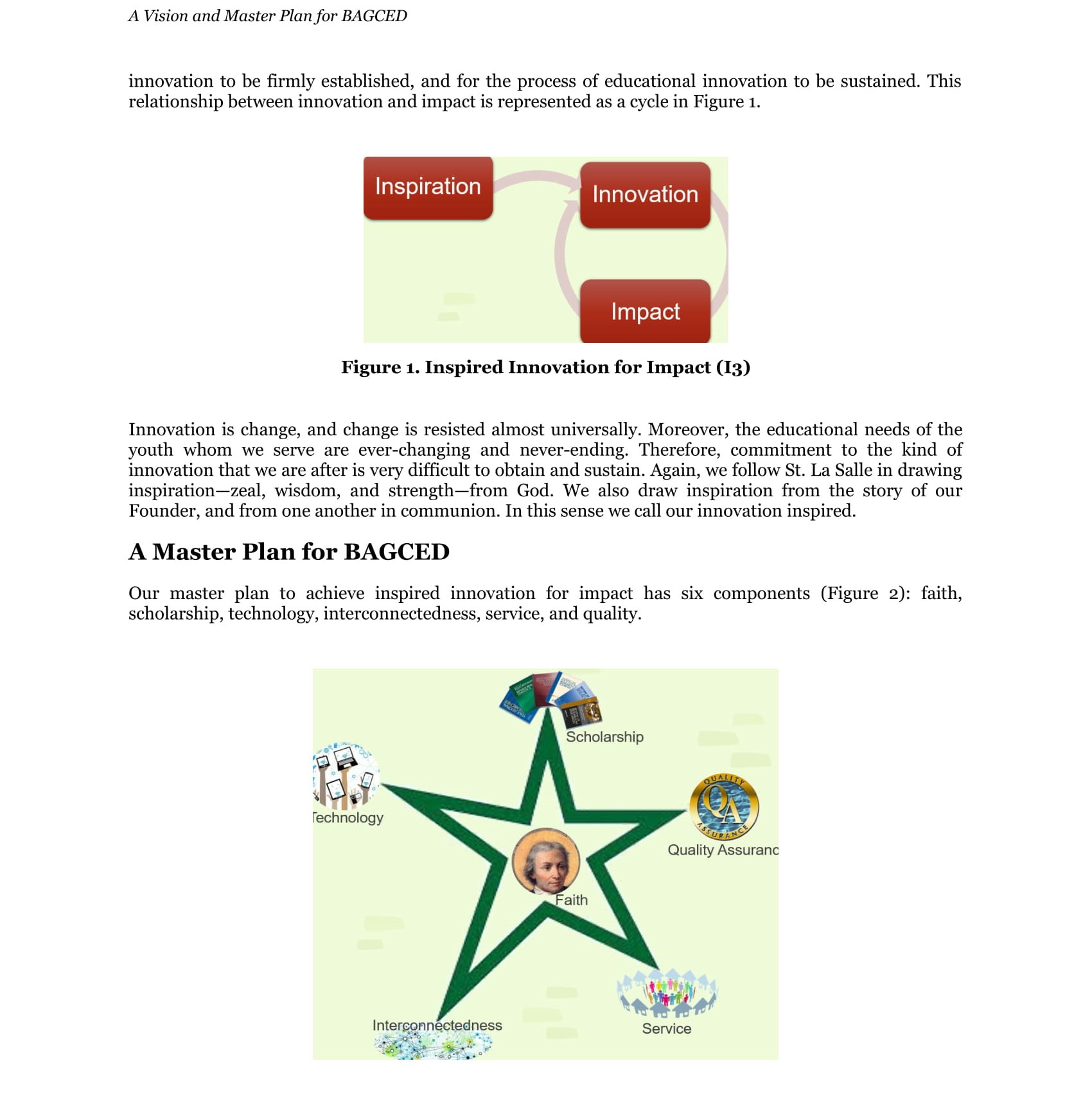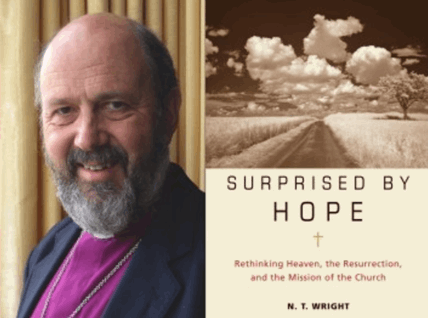Resurrection Sunday, 9 April 2023.
Another year, hallelujah! I thank our Heavenly Father that, because of the death and resurrection of our Lord Jesus Christ, we have ζωή (zoe)—a life filled abundantly (John 10:10b) and eternally (John 3:16) with the love, power, and σῴζω (sozo)-mindedness that come from Holy Spirit (2 Timothy 1:7)! Hallelujah!
Last Friday (Good Friday) I stumbled upon The Gospel of Jesus, an interpreted harmony of the four Gospels by Ben Witherington. As I wrote in a previous post, he and I share the belief that the Beloved Disciple in the Fourth Gospel refers to Lazarus, so I felt so happy stumbling upon this book!
There are so many things that I love that he did in this book, but I’ll limit myself here to just a few points. Some of what I particularly appreciate in The Gospel of Jesus are Witherington’s depiction of:
- How Jesus felt something stir in him when he heard that his cousin John was baptizing in the Jordan, and how he tried to soften the blow to his family as he told them it was time for him to leave:
Jesus could see how very tired, and emotionally drained, his mother was. He helped her to her feet, bringing the conversation to an end. He hesitated for a moment and then wrapped his arms around her, feeling her warmth and smelling the scent of her hair. Would this be the last time they shared such an embrace? Jesus allowed his mother to cry quietly on his shoulder for a few minutes, neither of them sure of what lay ahead.
As he held his mother, Jesus whispered, “What was it you told me when I was a child? The best thing for any child of G-d to ever do is to do G-d’s will on earth, as it is in heaven?”
“Yes, I suppose I did say that. But it doesn’t make this parting any easier,” lamented Mary. She looked up into his face. “But know that I will always be proud of you for following the calling on your life.”
“And Mother, whatever happens to me from now on, know that I will never forget to honor you and pray for you and care for you, till the day I die.” He gave her a kiss on the cheek. “And now, we must both get some sleep.”
Walking back into the house, Mary blew out the flickering flame of the lamp which sat on the little table Jesus had made long ago. They headed off to their corners of the house to lie down until sleep finally overtook them.
- How the Lord did not know everything all at once—his calling, his strategy, his power—but how he learned these gradually through prayer, scripture, and the Holy Spirit:
Jesus found himself stepping deeper into the wilderness, almost with a sense of compulsion. Everything had changed with his baptism—his work would begin in earnest now. The words the Father had spoken reverberated in his head, and he wondered aloud, “But what sort of Son am I to be, Abba? And how will I demonstrate that to your people, that I am your beloved and only begotten Son?” He needed clarity, a vision from G-d. In the past he had fasted and prayed many times, and as he thought of doing the same now, images of Moses and Elijah on the mountain came to him, and he suddenly realized that this fast must be lengthy: forty days of preparation…
~
Jesus felt deep gratitude for the presence of the Advocate with him, strengthening him to oppose the schemes of the Adversary. But relief was fleeting, as the vision changed yet again. Now Jesus seemed to be standing upon Mount Hermon, the tallest mountain anywhere near Galilee. From here he could see without limit in all directions. The Adversary moved in for the kill. “All this I can give to you, if you will just bow down and worship me.”
Barely able to stand, Jesus found the weight of this temptation almost overwhelming. The thoughts came rushing in. ‘How easy it would be to free G-d’s people, if suddenly I was the ruler of this world. I could accomplish all I wanted for G-d’s people, immediately and at no cost.’ Except the cost that would come with betraying his Abba, his G-d, just as his people had done over and over again throughout their history. Now understanding fully who this angel of light was—the ruler of this fallen world—Jesus set his face like flint, and summoned what strength he had left to reply, “Away from me Satan, for the Scripture says, ‘You shall worship the Lord your G-d, and him only shall you serve!’”
-
Why Lazarus, Martha, and Mary felt so loved by Jesus:
While Mary sat quietly, listening intently to him, Jesus could hear Martha muttering to herself in the other room. Suddenly she stepped out of the cooking area and said to Jesus, “Master, do you not care that my sister has left me to do all the work myself, while she sits at your feet and just soaks up your marvelous teaching? Tell her to come help me!”
As Mary rose in response to these words, Jesus turned to the older sister and said, “Martha, Martha, you are worried about and distracted by many things. But just now there is need of only one thing, and Mary has chosen the better dish, the better food, and it will not be taken away from her.”
The usually very vocal Martha was, at first, left speechless by this response. Then she said, almost incredulously, “You mean, you think that studying the work and word of G-d is the main thing, the top priority not only for men, but for women as well? And that even we have a right to put that first in our lives?”
“That’s exactly what I’m saying,” said Jesus, “and this is especially so since G-d’s final, divine, saving activity is now breaking into our lives. We all need to understand and receive, and believe in it—women and children and slaves included—not just free Jewish men.”
The conversation went on for a while as Martha, and occasionally Mary, asked questions. The afternoon had begun to wane when they heard a knock at the door, and Lazarus entered without waiting for anyone to welcome him home. As soon as he spotted their guest, a huge grin spread across his face. Jesus rose from his seat, and Lazarus, extremely pleased to see him, gave him a hug and a kiss of greeting on the cheek.
- How he honored his mother by entrusting her to his Beloved Disciple:
It was at this juncture that some of Jesus’ family and disciples arrived, having heard the rumor late that morning that Jesus was being executed. None of the male disciples from Galilee were present, but the female disciples—Miryam of Migdal, Joanna, Susanna, and others—were there, standing near enough to hear what was happening. Lazarus, the beloved disciple, had summoned up his courage and was also present, and the female disciples had gone to the home of Mary and Martha to tell Jesus’ mother what was happening. Jesus’ brothers and sisters were staying with cousins in the city.
At the ninth hour, under a pitch-black sky, the women stood as close to the cross of Jesus as the soldiers would allow. Jesus’ mother had arrived, and when Jesus saw her with the disciple whom he loved standing nearby, he said to her, “Woman, here is your son,” and to the disciple, “Here is your mother.” Thus Jesus honored and provided for his mother with nearly his last breath. From that time on, Lazarus took her into his home.
Wow, what a hero our Lord is, caring for his mother while carrying the weight of the sins of the world!
Meanwhile, some of what I would have loved to have read more about are:
- Was it in the wilderness that the Lord felt for the first time the δύναμις (dunamis) of the Holy Spirit welling in Him, giving Him the power to turn stones into bread, and to call upon the angels to rescue Him?
- How did Jesus feel when he performed his first exorcism? His first healing? His first raising of someone from the dead? Did he know that he could transform water into wine (his first miracle in the Fourth Gospel) because he had just a few days earlier realized that he could turn stones into bread?
- How did Mary tell Jesus that Joseph was not his father, but that the Holy Spirit came upon her and the power of the Most High overshadowed her, and so He was born holy, and was to be called the Son of God (Luke 1:35)?
I wonder if I could answer these and many other questions in my own book… 🙂
~~~
The Gospel of Jesus ends this way:
Cephas turned and saw that the disciple whom Jesus loved was following them. When Cephas saw Lazarus, he asked, “Master, what about him?”
Jesus followed Cephas’ gaze, and said, “If I want him to remain alive until I return, what is that to you? You must follow me.” Because of this, the rumor spread among the brothers that Lazarus would not die—not least because Jesus had already raised him from death once. But Jesus did not say that he would not die; he only said, “If I want him to remain alive until I return, what is that to you?”
Jesus did many other things as well. If every one of them were written down, even the whole world would not have room for the scrolls that would be written. But these things have been written so that you might begin to believe that Jesus, the divine and human Son of Man, [is] also the Son of the living G-d, the Messiah of the Jews, and the Savior of the world.
Hallelujah!
Happy Feast of the Resurrection!







